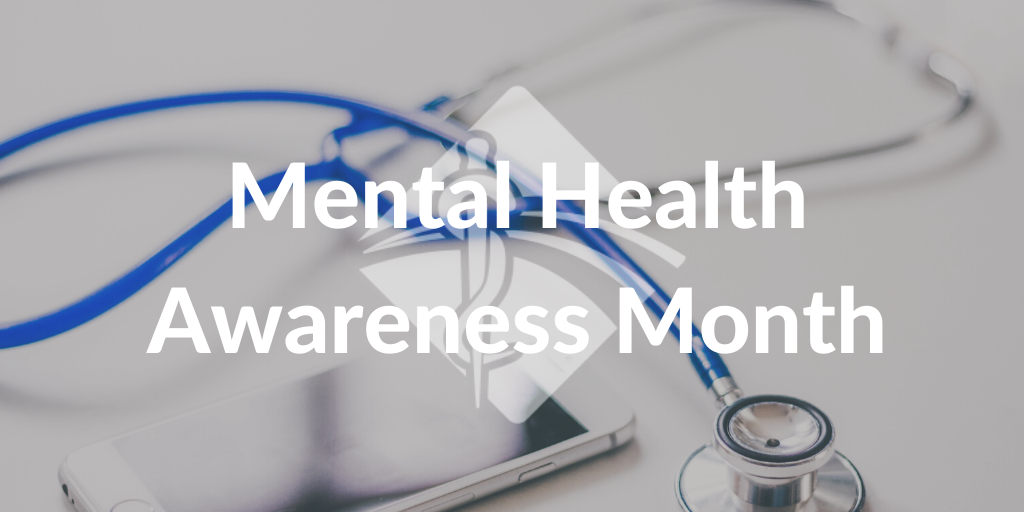
May is Mental Health Awareness Month
According to the National Alliance of Mental Health, 19.1% of U.S. adults experienced mental illness in 2018 (47.6 million people). This represents 1 in 5 adults.
Mental Health Perspective on Coronavirus
Dr. Anandhi Narasimhan will discuss issues related to mental health during the coronavirus pandemic. Topics include managing anxiety, how to deal with social distancing and isolation, how to talk to children about coronavirus. Also will discuss how treatment can be optimized so that mental health services are available to those who need it virtually.
Fireside Chat: Treatment of Addiction and Maintaining Sobriety During a Time of Pandemic and Isolation
In this latest episode of Fireside Chats with the Troops on the Frontline of COVID-19 Pandemic, SMA President Dr. Philip Hartman, a family physician who treats chemical dependency is joined by Mike Foster, a licensed chemical dependency counselor, to discuss the struggles of treating addiction and maintaining sobriety during a pandemic. Helpful tools and resources for healthcare providers are also outlined.
Fireside Chat: How Anxiety and Depression Have Changed in Our Patient Population (Coming Soon)
In this latest episode of Fireside Chats with the Troops on the Frontline of COVID-19 Pandemic, SMA President Dr. Philip Hartman and licensed therapist Jaclyn Replogle discuss how anxiety and depression have changed in the patient population throughout the COVID-10 pandemic and how providers might assist those patients. In addition, coping techniques, methods, and resources for both patients and healthcare providers are detailed.
Wellness Programs in an Academic Practice: Lessons Learned
The development of wellness programs in many groups is increasingly common as institutions work to address the issue of burnout and employee performance. Academic programs face a unique challenge establishing wellness plans because of the varied professional roles of individuals working together in a team model. The individuals in these groups are at different stages in their careers, with different priorities such as a focus on ongoing education, stable employment, or career advancement.
Commentary on “Wellness Programs in an Academic Practice: Lessons Learned”
We commend the authors of the Perspective entitled “Wellness Programs in an Academic Practice: Lessons Learned,” for highlighting the importance of resident wellness and for developing positive efforts to promote resilience in their resident cadre. The present climate in graduate medical education is one of striving to appreciate the challenges that resident physicians face as they train in a technologically intensive clinical environment while learning a rapidly expanding body of basic and applied medical science.
Changes in Health and Well-Being during Residents’ Training
Previous studies have characterized the negative effects of graduate medical education on physicians; however, there is limited longitudinal data on how physicians’ well-being changes during their training. This study aimed to demonstrate and quantify changes to trainees’ wellness and health habits during the course of their first 2 years of graduate medical education.
